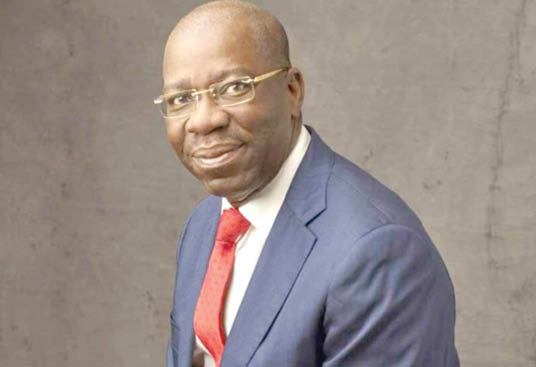From a quick check, you will realise that Edo soil is loamy, rich and can easily support the growth of food and cash crops. The irony however is that 95 per cent of all foods consumed in Edo State – rice, beans, pepper, tomato, yams, meat, fish, cucumber, and a variety of fruits, come from the north of Nigeria.
These foods arrive Edo from the north in very large quantities and that is because northern governors heavily subsidize food production. In most cases, they give out fertilizers and grains for free to farmers.
It is not the same with Edo. At the Rural Infrastructure Department RID, of the Ministry of Agriculture in Edo, farmers have to wait in line for weeks after they have booked for cassava stems. This does not seem right or well, especially at this time of food insecurity, hardship, and when the size of fufu is almost the same size as an egg.
Edo is the home of cassava and cassava belongs to Edo. Part of the legacies that Mr Obaseki can leave behind will be that he supported the growth and cultivation of this important Nigerian staple by letting big and small farmers access to cassava stems and other seedlings.
Recent refurbishing of the Edo/Benin ADP will be a waste of resources if Edo farmers cannot have access to improved seedlings and stems from these air-conditioned offices.
Bob MajiriOghene Etemiku, WADONOR, cultural voice of Nigeria

 Join Daily Trust WhatsApp Community For Quick Access To News and Happenings Around You.
Join Daily Trust WhatsApp Community For Quick Access To News and Happenings Around You.


